
Head & Neck
Tension, headaches, and neck stiffness often go hand in hand. Whether you’re dealing with posture-related discomfort or radiating symptoms, we help relieve pain, improve alignment, and restore comfort so you can feel more at ease in your body.
Anatomy and Function
The neck is the most mobile portion of the spine. The 7 cervical vertebral bones support the head, protects the spinal cord, and enable movement in multiple directions. It’s surrounded by many small muscles that help stabilize your posture, control motion, and manage forces from daily activities. Dysfunction in this region can lead to headaches, nerve compression, and pain that radiates into the shoulders or upper back. Maintaining head and neck alignment is key for comfort and clarity.
Common Conditions We Treat
Head and neck conditions often go hand-in-hand with posture, tension, or nerve irritation.
Common Head and Neck Conditions:
• Cervicogenic headaches
• Tension headaches
• Whiplash or neck sprain
• Postural dysfunction and forward head carriage
• TMJ dysfunction
• Radiating pain or nerve impingement
• Cervicalgia
• Radiculopathy
• Cervical disc displacement
• Stenoisis
How Physical Therapy Helps
We use hands-on techniques to relieve neck tension, restore spinal alignment, and reduce nerve-related symptoms. Treatment may include manual therapy, posture correction, strengthening, and mobility work for your neck, shoulders, and upper back. For headache or jaw pain, we also address related muscular or joint dysfunction.
Benefits of Physical Therapy
• Reduce headaches and neck tension
• Improve posture and spinal mobility
• Relieve nerve-related pain or stiffness
• Support better breathing and alignment
• Ease jaw pain and TMJ dysfunction
• Increase shoulder range of motion
• Alleviate postural pain
Additional FAQs
Can physical therapy help with headaches?
Yes. Many headaches are rooted in neck tension, joint dysfunction, or posture — all treatable with skilled physical therapy. Our therapists have advanced training in treating headaches and neck conditions.
Will I need imaging before starting therapy?
Not usually. We assess your symptoms safely and refer out if imaging or additional evaluation is warranted.



